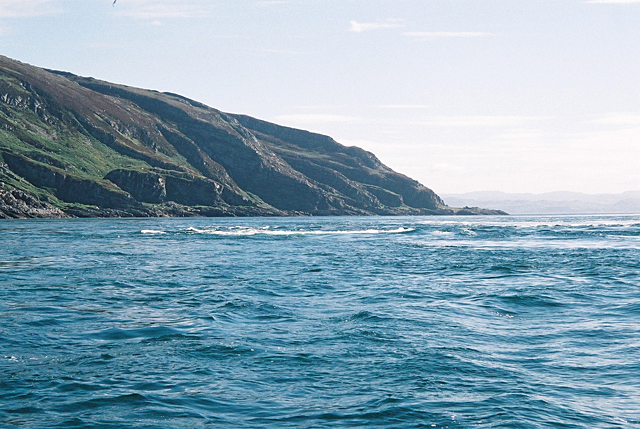Set in the Hebrides during WWII, it features Gàidhlig speakers, some lovely waulking songs (Òran Luaidh), and sumptuous footage of the sea and islands. With the focus on a household who make Harris tweed, those in our communities who carry on the spinning and weaving traditions should enjoy this as well.
Read more about the film here.
Moran Taing to Tobar an Dualchais for sharing this!
The òran luaidh are a great source of inspiration to those of us with women's circles. Their call and response style, with a woman leading with improvised verses, and a group of women repeating the chorus, were historically used to share gossip, community lore, and personal stories. Traditionally, they were for women only, though some modern language preservation groups have everyone sing the songs now. Such as in this version of an òran luadh, adapted for instrumentation and a mixed group:
Karen Matheson: "Chuir m'Athair Mise Dha'n Taigh Charraideach" (còmhla ri "Seudan a'Chuain")
For both Gaelic Polytheists and Gaelic Christians, this kind of structure is also used for some types of prayer and ceremony. It's a specifically Gaelic women's approach, yet the form is also found in the song-prayers of a number of different animistic cultures. For more on prayers that take this form, check out the latter volumes in particular of the Carmina Gadelica (Gàidhlig: Ortha nan Gàidheal). The full set of the Carmina is expensive, but there is also interlibrary loan. Most good University libraries have a copy, and it's essential to any Gaelic studies program. The first volumes are available online at a few sites, as well.
The article above mentions the film, I Know Where I’m Going!, also shot in the Hebrides (but in black and white), and featuring our beloved Coire Bhreacain, Cauldron of the Hag. (English: the Corryvreckan Whirlpool.) I Know Where I’m Going! is also interesting for its footage of the isles and sea, but focuses more on the protagonist and her romantic life than Gaelic culture. Still, worth checking out if you like quirky old movies.

photo by russ baum